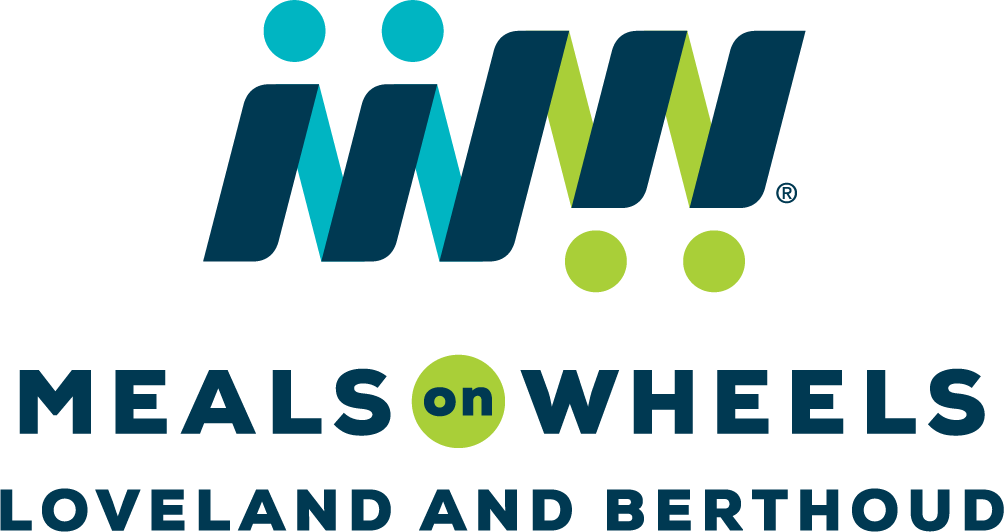What Matters to You? - Creating a Care Plan for Aging
It’s a topic that is often difficult to discuss……
Holding conversations about aging care and end-of-life planning is never easy or convenient. However, just like any other long-term plan, like purchasing a home or planning a large vacation, having a plan can help ensure that events aren’t as scary because there is a plan to follow.
Care Plans are helpful for the individual whose wishes are being documented, caring family members, and healthcare professionals. Developing and maintaining a personalized plan will help balance reasonable care with an improved quality of life for all involved. Advanced Care Plans have also been shown to reduce emergency room visits, and hospitalizations and they often help caregivers collect helpful and supportive resources for their aging loved ones.
What is a Care Plan?
Having difficult conversations about aging care plans can save you and your loved one from scary situations in the future.
A well-thought-out Care Plan helps aging individuals ensure continued good health and independence. The construction of such a plan begins with an assessment. The goal of the assessment is to evaluate the current and future medical, social, and emotional needs.
An initial Care Plan assessment should cover and include:
Complete physical, mental, and psycho-social evaluations - documenting any current or looming health conditions
An up-to-date list of medications
Observations of one’s personal care competencies
Compiled list of all current healthcare providers and emergency contacts
An evaluation of current living arrangements and access to support services and resources
Care Plan assessments should be updated every year, and adjusted for changes in health conditions. From there, goals and systems can be created for care needs and concerns.
How Does One Develop a Care Plan?
Starting the process of creating a Care Plan can seem daunting. Care Plans revolve around delicate and sometimes uncomfortable conversations. Prior to starting a conversation with a loved one, AgingCare strongly suggests considering the following questions:
What is lacking or being overlooked in your loved one’s current routine?
What objectives you’d like to achieve?
What objectives would you like to help your loved one achieve?
Once you have some of these thoughts in mind, you can approach a conversation about care planning with the person you care for. There are templates and forms, like this one from the CDC, that are helpful in starting and recording the conversation.
Next, reach out to your loved one’s health care provider. They can often provide a starting point for your discussion. They can also review your care plan form, and help direct advanced care planning, should it be necessary.
Always keep in mind that there are often multiple care options available. Research and discover what care options and resources are available and relevant for your loved one.
Meals on Wheels can be an important part of your loved one’s Care Plan.
Don’t forget to consider your or the caregivers' needs in the process, too. These should be factored into the overall care plan in order to ensure success and continuity.
And lastly, have a plan for ongoing monitoring and reassessment. This is especially important for families who might not live nearby their aging loved ones. Make sure there are resources and supportive help in place that can provide regular updates.
Meals on Wheels can be an Integral Part of a Care Plan
A daily in-home visit from a Meals on Wheels volunteer provides a unique opportunity to meet nutritional needs, combat social isolation and can help families and loved ones address any safety hazards or health concerns. It is a cost-effective tool and can easily be incorporated into a loved one’s Care Plan.
Our volunteers are trained to notice any changes in health, appearance, and affect. Our on-staff Social Worker and Client Specialists are ready to filter any reported changes or concerns to loved ones or any appropriate medical personnel or community resource centers.
Having a working and up-to-date Care Plan can help ensure that what matters to your loved one - living with independence and dignity - and they remain healthy and thriving! If you or a loved one could benefit from daily meal deliveries and visits, please reach out to our team of specialists, here.


